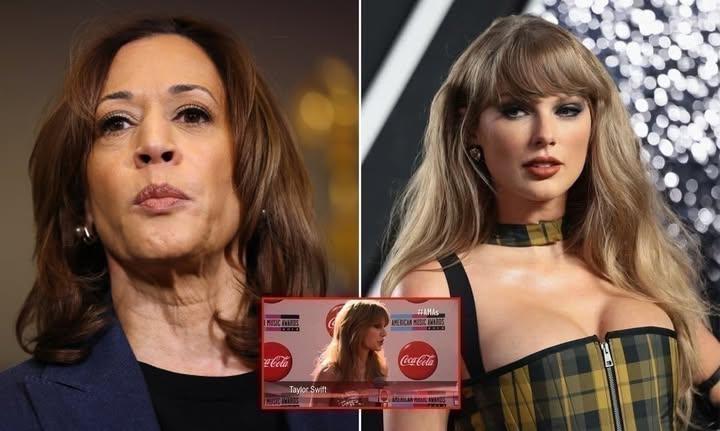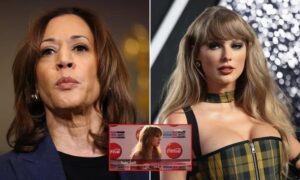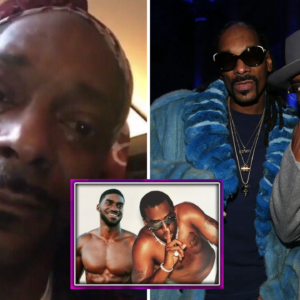
RECENTLY: On Coca-Cola’s homepage, it announced the permanent end of its long-term partnership with Taylor Swift: “We do not support her because she has…”
In September 2024, global pop star Taylor Swift’s endorsement of Vice President Kamala Harris in the presidential election led to a significant shift in her professional relationships. Swift publicly praised Harris as a “role model” and the “perfect leader for the future of America,” encouraging her followers to support the Vice President.
This endorsement prompted Coca-Cola, a long-time partner of Swift since 2013, to reevaluate their collaboration. The company expressed that Swift’s political involvement conflicted with their commitment to neutrality, stating, “We cannot support her recent political endorsement.
The termination of this partnership was notable, given the successful history between Swift and Coca-Cola. Swift’s image had significantly contributed to Coca-Cola’s appeal among younger audiences. The decision underscored the challenges brands face when navigating celebrity endorsements amidst a polarized political climate.
Swift’s endorsement also had broader implications, reportedly leading to the loss of five major sponsors. These brands, aiming to maintain a neutral stance, distanced themselves from Swift to avoid potential alienation of consumers with differing political views.
In the aftermath, industry experts observed that brands are increasingly cautious about celebrity affiliations, recognizing the potential risks of associating with politically active figures. This trend highlights the delicate balance brands must strike between leveraging celebrity influence and preserving a broad consumer base.
Swift’s experience serves as a case study in the complexities of modern brand partnerships, illustrating how personal endorsements can impact professional relationships and brand perceptions in today’s divided political landscape.





